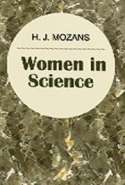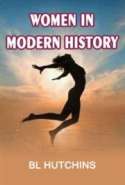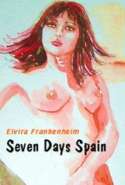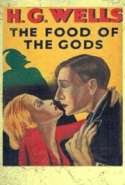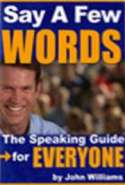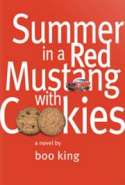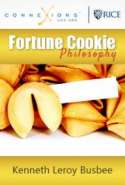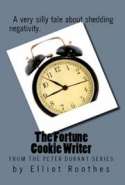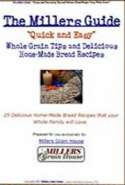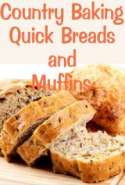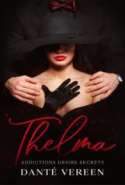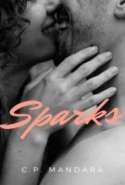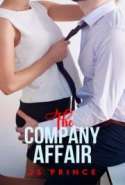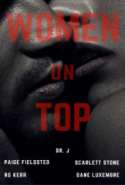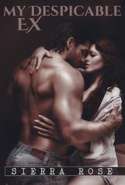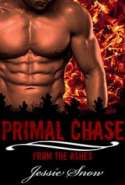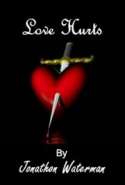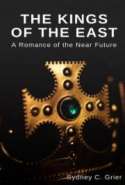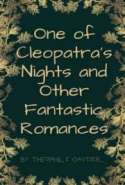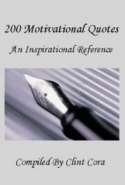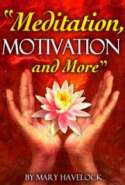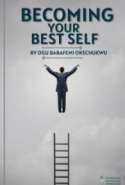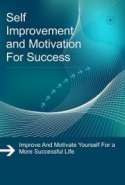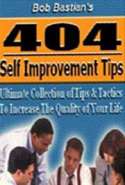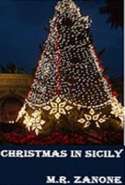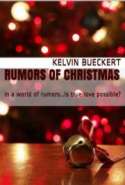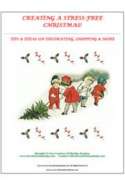1
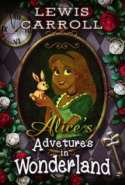
Lewis Carroll | Children's Classics
Rating:
In this classic by Lewis Carroll little Alice experiences countless adventures in Wonderland. Download it today!
2
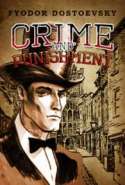
Fyodor Dostoevsky | Fiction Classics
Rating:
Raskolnikov kills two people in the belief that some people are "extraordinary" and have the right to kill others in order to improve the state of the world.
3
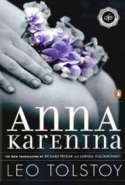
Leo Tolstoy | Romance Classics
Rating:
Anna is unhappy with her marriage to a powerful politician, and when she falls in love with a dashing young officer, she must endure the criticism of others.
4
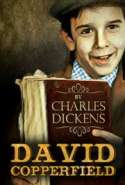
Charles Dickens | Fiction Classics
Rating:
This book unearths the life of David Copperfield from his childhood into adulthood.
5
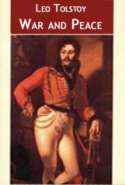
Leo Tolstoy | Fiction Classics
Rating:
The lives of Russian aristocrats become intertwined between the years 1805 and 1812 and during Napoleon's invasion of Russia.
6
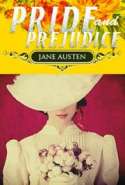
Jane Austen | Romance Classics
Rating:
The beautiful, young Elizabeth falls in love with Mr. Darcy, but he must control his pride while she tries to overcome her prejudice.
7
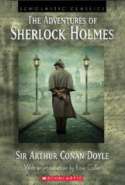
Sir Arthur Conan Doyle | Mystery Classics
Rating:
Twelve fascinating stories recount the investigations of Sherlock Holmes and Dr. Watson as they try to solve crimes in Victorian London.
8
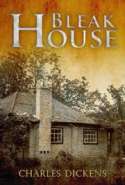
Charles Dickens | Fiction Classics
Rating:
Multiple people compete to become the beneficiary of a will in the court case, Jarndyce v Jarndyce.
9
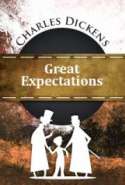
Charles Dickens | Fiction Classics
Rating:
Pip is a poor orphan who grows up in England in the early 1800's. He endures many hardships including poverty and violence.
10
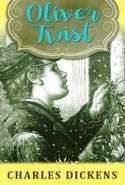
Charles Dickens | Fiction Classics
Rating:
Oliver escapes from a miserable workhouse where he's spent his childhood, travels to London, and befriends Artful Dodger, Fagin, and their group of thieves.
11
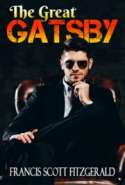
Francis Scott Fitzgerald | Fiction Classics
Rating:
In 1922, F. Scott Fitzgerald announced his decision to write "something new, something extraordinary and beautiful and simple + intricately patterned." That extraordinary, beautiful, intricately patterned, and above all, simple novel became The Great Gatsby, arguably Fitzgerald's finest work and certainly the book for which he is best known. A portrait of the Jazz Age in all of its decadence and excess, Gatsby captured the spirit of the author's generation and earned itself a permanent place in American mythology. Self-made, self-invented millionaire Jay Gatsby embodies some of Fitzgerald's--and his country's--most abiding obsessions: money, ambition, greed, and the promise of new beginnings. "Gatsby believed in the green light, the orgiastic future that year by year recedes before us. It
















